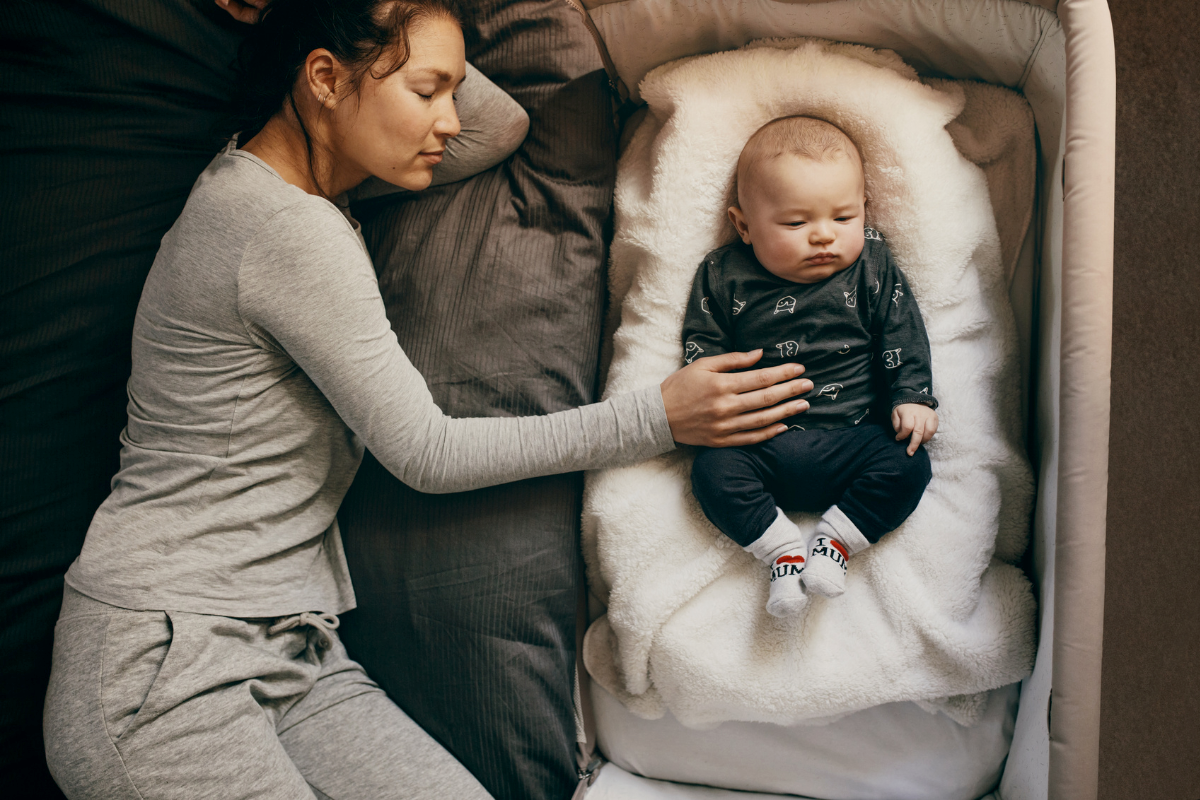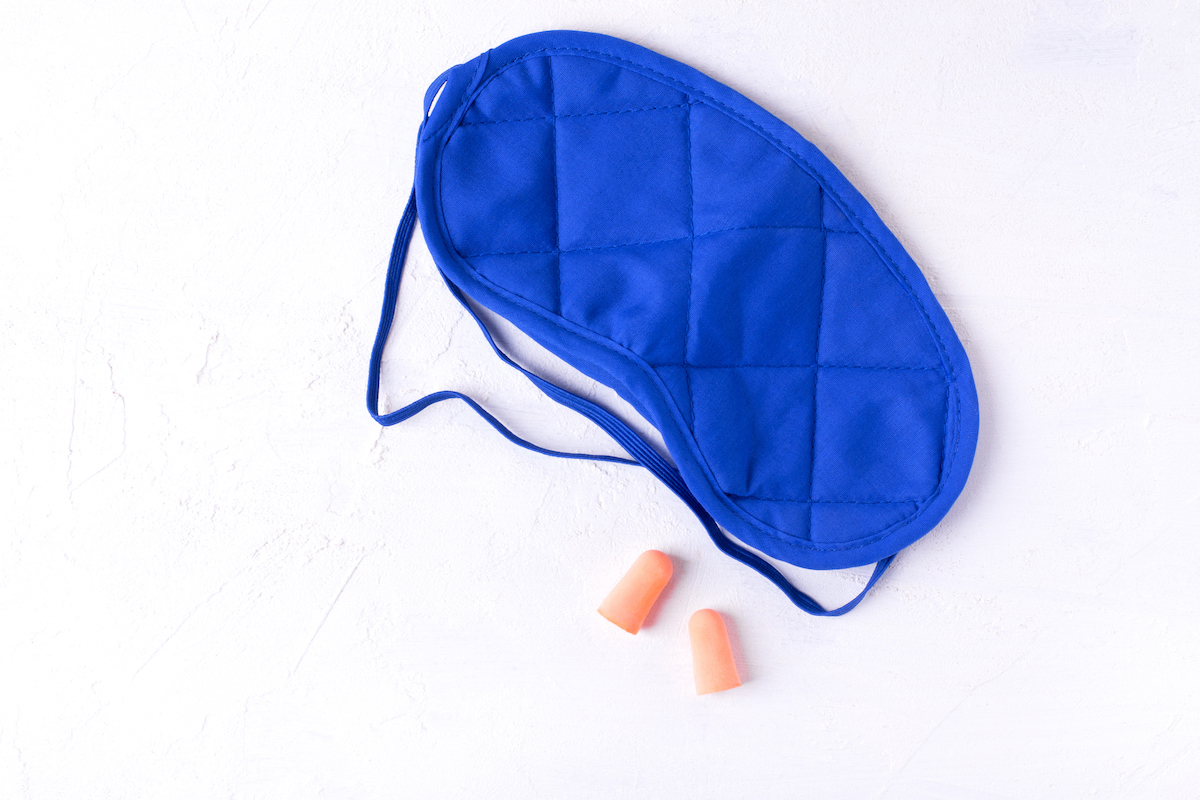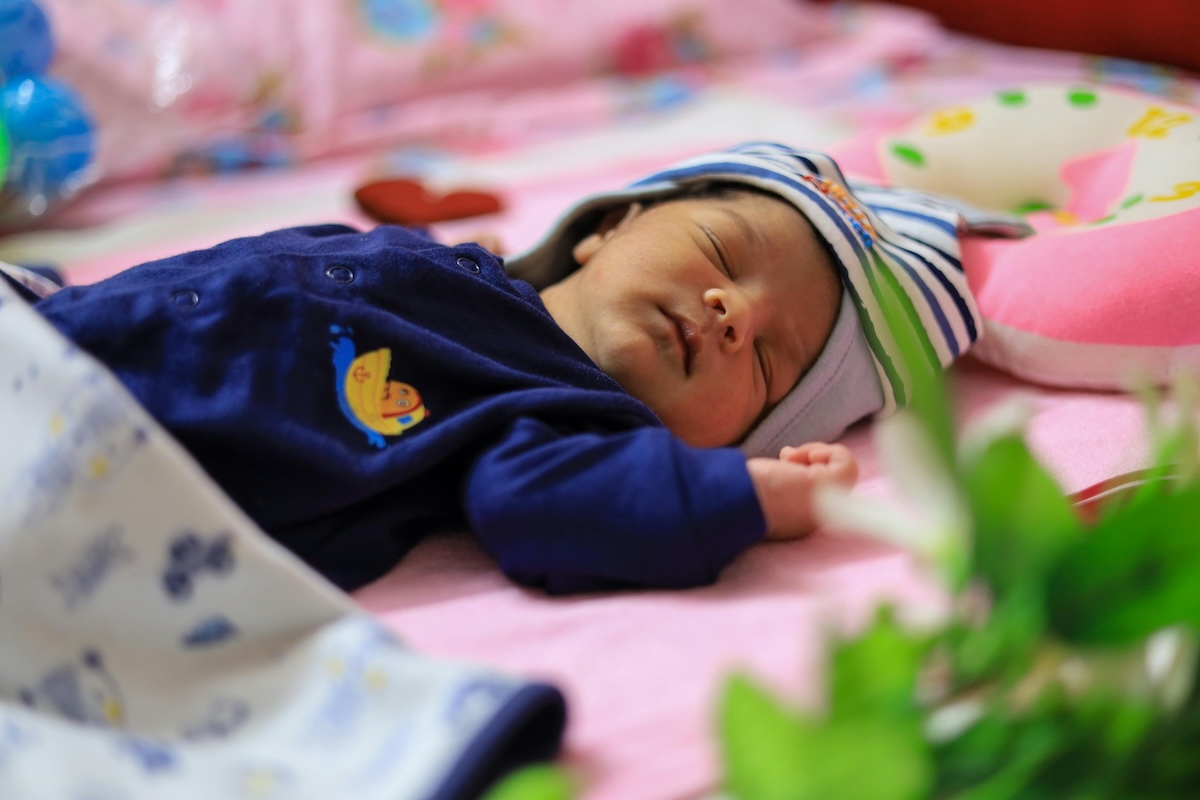Sleep, as a phenomenon, is extremely interesting.
All animals sleep, or have a form of sleep-like resting state. Sometimes they have to get creative. Dolphins, for example, rest half their brain at a time, with the other half awake so they can stay swimming. I have always felt, though, that sleep seems tremendously maladaptive. Think about it: a long period every day in which you need to be lying around, unconscious, ready to be eaten by a large predator or attacked by an enemy. Thinking about it from an evolutionary perspective, it seems like the evolutionary pressure would be toward sleeping less — sleep less, live longer.
The combination of the universality of sleep and the fact that it seems fundamentally maladaptive suggests that it must be really, really important for some other reason. We do not entirely understand what that is; most theories involve memory consolidation or similar ideas. Sleep is rest for your body too, although resting isn’t sufficient — the process of sleep itself is necessary.

What do the studies on sleep say?
Even if we do not know precisely why, we know that sleep is important for people, including (perhaps especially) children. We know this from data. I have an entire chapter on this topic in The Family Firm. There is a huge amount of evidence to pick from, so I’ll pull out just two results here.
The first is from a small study of children ages 8 to 12 who were followed over three weeks. In one week, they slept normally; in another, they went to bed an hour later; in the third, an hour earlier. The authors found that the shorter sleep manipulation — the hour-later bedtime — resulted in worse performance on cognitive tests and worse behavior. And this is just an hour less sleep for one week!
The second study I really like here is from a boarding school that moved its school start time by 30 minutes as an experiment. Researchers found that this change in start time increased sleep — actually, increased it by more than 30 minutes, since students started to go to bed earlier because they noticed how much sleep mattered. The study showed decreased sleepiness, less falling asleep in class, and less need for naps.
There is much more data on this from various angles, including data on adults, impacts on mental health, car accidents, and so on. The bottom line is that too little sleep is bad. Most kids of elementary and middle school age need 9 to 11 hours of sleep a night. That’s a pretty wide range, and there is variation within kids. How do you know if your child is getting enough sleep? Two key markers. First, a well-rested child isn’t tired at school or falling asleep or yawning in class. Second, a well-rested child (or person) will not engage in much “weekend oversleep.” That is to say: if you let a kid sleep until they wake up on their own on the weekend, if they are well rested, they should wake up around when they normally do. If your child is sleeping in four extra hours on the weekend, they are probably not getting enough sleep.
Up until this point, I suspect many people are nodding along. Yes, absolutely, sleep is extremely important. Yup, kids need sleep. So important! Yes, data. Randomization! Totally, 100% convinced.
But how can my kid actually get more sleep?
But here is the harder point to absorb. If you want to live by this sleep data, if you want to have your child get an appropriate amount of sleep, that may mean giving up something else. Specifically: electronics, activities, or both.
Let’s start with electronics time. There are good studies that show that exposure to screens — phones, iPads, computers, TV — is disruptive close to the time of sleep. Your brain gets the message that it’s light out and doesn’t make the right amount of melatonin. It’s hard to fall asleep. Studies (again, randomized) have shown that when kids have screen exposure close to bedtime, their sleep quality is worse. If you are looking to improve sleep quality, limiting electronics in the couple of hours before bedtime is a good idea. (By the way, this is also true for adults.)
Implementing this in your house may be challenging, because it may require new limit setting. I certainly wouldn’t read this newsletter and then announce with no warning to your children that the pre-bedtime TV watching is canceled. However, if electronics play a major role right before bed, it’s worth considering whether that time might be spent differently.
The second point here is more challenging for families to absorb and act on. If you want to prioritize sleep, it may come at the expense of something else you also think is important. This is really just a numbers argument. Let’s say your fourth grader needs to get up at 6:30 for school, and you realize they need 10 hours of sleep, right in the middle of the recommended amount for that age range. This child needs to go to sleep at 8:30 p.m. Most basically, this means that they cannot do an activity that goes until, say, 9 p.m. Moreover, they probably cannot do an activity that goes until 7:30 either. Between getting home, eating, getting ready for bed, and possibly doing some homework, it is likely to rule out a reliable 8:30 bedtime.
For older kids, activities pile up: sports, math club, homework, piano lessons. As kids’ out-of-school activities get more serious, they get more time-consuming. And they start to get in the way of sleep. As a parent of a child in late elementary or middle school, you may find yourself stuck. There may simply be no way to both get the appropriate amount of sleep and also do all the activities that your child wants to do (or you want them to do).
How can this be resolved?
The first thing may be to recognize that this is a “no secret option C” moment. There is no way to do gymnastics until 9 p.m. and also be asleep at 8:30. Once you recognize that, it requires a real conversation — with yourself, your partner if you have one, and probably your child — about what is going to win out. This is a textbook place where deliberate decision-making should rule. Think about the value of the activity, the value of sleep, whether there are changes you could make to make the tradeoff less sharp (moving things around so they can sleep later, for example). It’s also worth considering the value of experimentation in these spaces. Could you take a break from the activity for a week or two, experiment with more sleep, and see what happens?
These conversations are not always hard. You may find that some activity isn’t actually serving anyone — your child doesn’t love it and neither do you, and somehow you’re engaged in it for historical reasons. Giving it up in favor of sleep may be a no-brainer.
My point here is not that your child should quit gymnastics or soccer or harp lessons. I love the harp! But what is true is that because sleep feels passive, it can be very easy to think of it as almost a luxury, perhaps the obvious place to cut if you’re pressed for time. As an adult, that’s often my instinct. That’s not correct. Sleep is crucial for our physical and mental health and functioning. It should be a high priority in thinking about how our children’s time is used.
A final note: When I talk to parents about this, they’ll often tell me they’re bought in but that their kids can’t absorb it, and the idea of dialing down an activity generates conflict. I get that. However, sleep is something that very quickly affects your experience of being in the world. In this way, it’s actually relatively easy to demonstrate the value to your child and to get them bought into investing in it. It’s not like vegetables, where your pitch is they should eat them because down the line they might have less heart disease. Here, you can say: let’s try more sleep for four days and evaluate how you feel. And the benefit there is if you can get your kids to value sleep now, they might value it later, when you’re not there to help them control it.
The bottom line
- Sleep is not a luxury. It is important and should be prioritized. Kids need between 9 and 11 hours of sleep a night.
- Exposure to screens is disruptive close to the time of sleep. If you are looking to improve sleep quality, limiting electronics in the couple of hours before bedtime is a good idea.
- If your child’s out-of-school activities are getting in the way of sleep, it may be time to cut back.





















Log in
My 7 and 9yo routinely get enough sleep. And twice a week they are in an activity until 7:15. We simply have them eat dinner beforehand. They know on those nights that we will be rushing home and going straight to bed. Certainly no electronics late in the evening, ever. We aim for lights out and leaving their rooms by 8pm every night and usually get close.
Great article and great research cited. Could we have a less anxiety provoking title 😀 ? I didn’t actually know that people were scheduling after school activities late enough to disrupt sleep — Mine are 3 and 1 but I’ll keep an eye out for that.